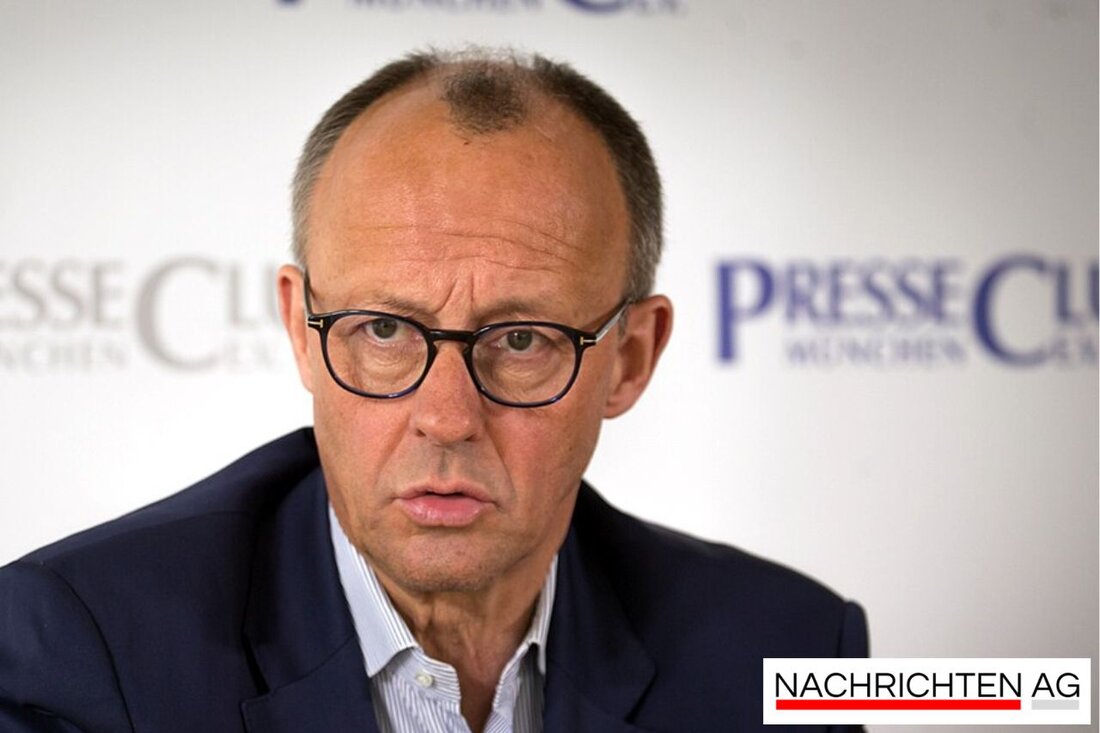Future of Ukraine refugees: Endangered benefits from April 2025!
The federal government plans to pay asylum seeker benefits instead of citizen's allowance for Ukrainian refugees from April 2025.

Future of Ukraine refugees: Endangered benefits from April 2025!
The situation of Ukraine refugees in Germany is once again in focus and major changes are in the air. From April 1, 2025, the federal government plans to no longer treat refugees from Ukraine separately and instead grant them asylum seeker benefits. This decision, which was laid down in a coalition agreement between the Union and the SPD, turns the previous regulations on their head. Accordingly, asylum seeker benefits should take place instead of the citizen's benefit of 553 euros per month that has been granted to date, which would be reduced to 441 euros, as az-online.de reports.
When it comes to integrating refugees, the brakes are on. The slow access to the labor market is viewed critically in part due to the amount of citizens' benefit. The new government under Chancellor Friedrich Merz (CDU) apparently sees a need for action and would like to make changes to the benefits for newly arriving refugees. But there is still no clear timetable or draft law for the change in jurisdiction regarding asylum seeker benefits. There is also a lack of coordination with the states and municipalities that is necessary for implementation.
Consequences of the planned change of jurisdiction
The proposed regulation could have a significant impact on refugees' benefit entitlements, integration offers and participation opportunities. This shows that without exceptions or transitional regulations, serious consequences can be expected in the areas of access to the labor market, health care and accommodation. An example: In the Asylum Seekers Benefits Act (AsylbLG) there is no obligation to take part in integration measures, which could make professional integration significantly more difficult. Accommodation in collective accommodation is only planned for 18 months, while citizens' benefit recipients are allowed to live in their own apartments, as MDR reports.
There are currently around 1.25 million refugees from Ukraine registered in Germany. Between March and April 2025, around 2,000 new refugees were added. A retroactive reduction in benefits could affect up to 10,000 people, the majority of whom are unable to work. After all, the employment rate for Ukrainians is given as 33.2 percent. The question of health insurance also remains uncertain, as the framework conditions differ from citizens' benefits to asylum seeker benefits. In SGB II, eligible people generally have access to statutory health insurance, while the AsylbLG only provides for a minimum level of care, as basiswissen.asyl.net makes clear.
Criticism of the changes
The planned changes have met with widespread criticism. The Left in the Bundestag sees the measures as “symbolic politics” and plans to oppose them. The Greens also describe the projects as counterproductive in terms of integration policy and question the principle of equality. However, the AfD parliamentary group, which welcomes the change to the AsylbLG, expresses a completely different opinion, but insists that this should also apply to new entrants. In the political discussion it becomes clear that the issue not only affects the refugees themselves, but also has far-reaching social and economic implications.
It remains to be seen how the situation will develop further. The effectiveness of the new regulations and their actual implementation require a clear and transparent process that includes as many affected people as possible in the integration and at the same time ensures health and social care. Last but not least, this will also be crucial for social acceptance.

 Suche
Suche
 Mein Konto
Mein Konto